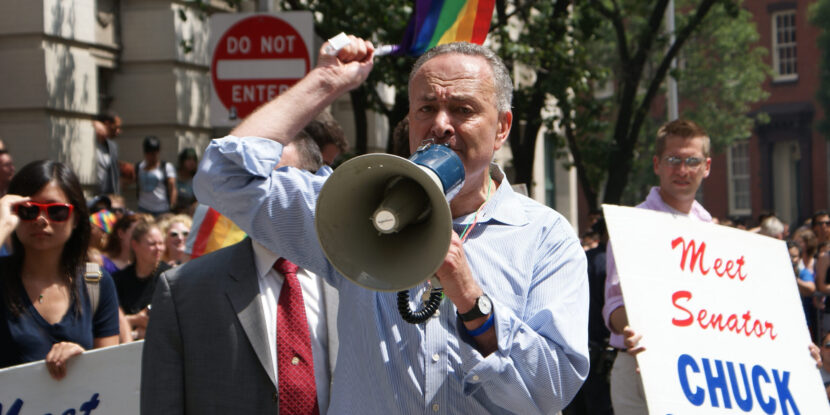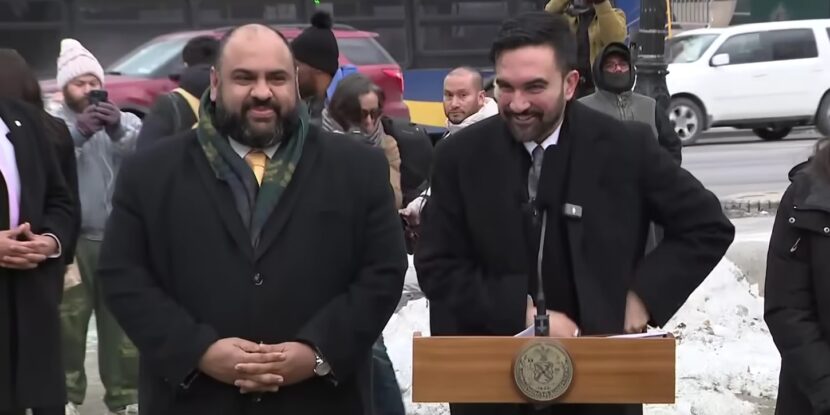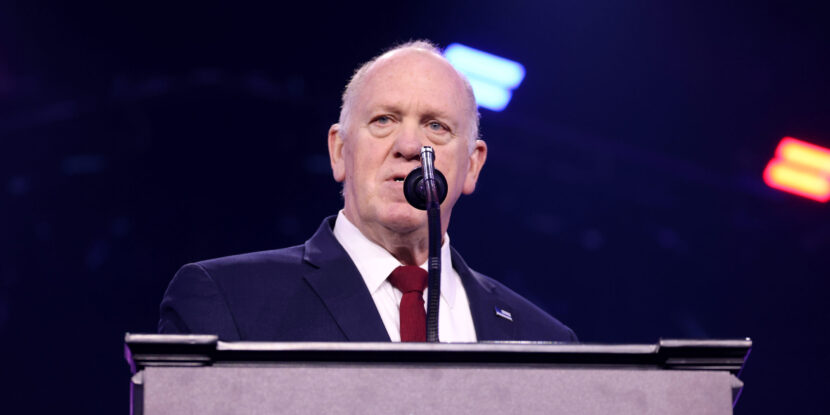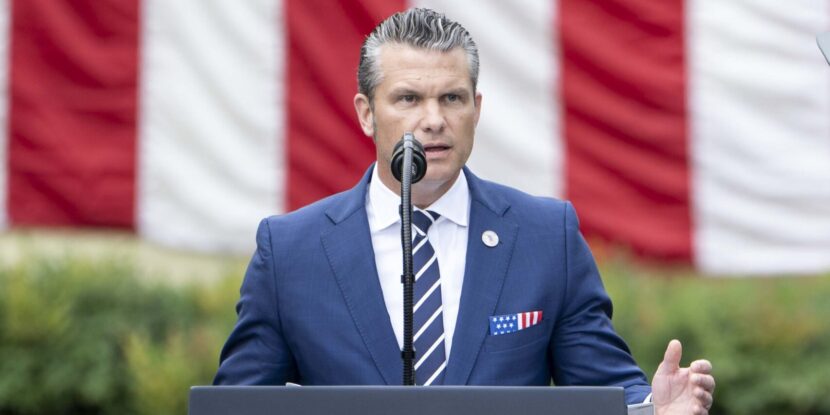❓WHAT HAPPENED: The Supreme Court is set to hear a challenge to Colorado’s law banning “conversion therapy” for minors, brought by a licensed counselor who claims it violates her free speech rights.
👤WHO WAS INVOLVED: Kaley Chiles, a licensed counselor, supported by the Alliance Defending Freedom, is challenging Colorado’s law. The State of Colorado and its licensing officials are defending the law.
📍WHEN & WHERE: The Supreme Court will hear arguments in October. The case originates from Colorado, where the law has been in effect since 2019.
💬KEY QUOTE: “It’s not the government’s role to peer into the counseling room and say some goals are permitted. Some goals are forbidden. Some speech is allowed. Some speech is forbidden.” – Jonathan Scruggs, Alliance Defending Freedom
🎯IMPACT: The case could have significant implications for free speech, professional conduct regulations, and state power over healthcare practices.
The U.S. Supreme Court is set to hear arguments Tuesday in a case challenging Colorado’s ban on “conversion therapy” for minors. The case was brought by licensed counselor Kaley Chiles, who claims the law violates her First Amendment rights by preventing her from speaking freely with clients who seek counseling on issues related to gender identity and sexual orientation.
Chiles, who offers faith-based counseling, says she is unable to provide the type of guidance some clients are looking for due to the restrictions in the 2019 law. “When I’m having to turn them away, they don’t get help that is helpful for any of those issues,” she said.
The Colorado law prohibits licensed mental health professionals from attempting to change a minor’s sexual orientation or gender identity through therapy. Violators can face fines up to $5,000 and may risk losing their professional licenses. State officials argue the law is necessary to protect minors from practices they describe as harmful and ineffective. They claim it regulates professional conduct, not speech.
Chiles is backed by the Alliance Defending Freedom, a conservative legal group that often takes on free speech and religious liberty cases. She argues that the law unfairly targets her counseling approach, which can involve helping young clients align their gender identity with their biological sex.
“It’s not the government’s role to peer into the counseling room and say some goals are permitted. Some goals are forbidden. Some speech is allowed. Some speech is forbidden,” said Jonathan Scruggs, senior counsel at the Alliance Defending Freedom.
The case has sparked national interest due to its broader implications. Legal scholars warn that a ruling in Chiles’s favor could reshape how states regulate healthcare and other professional services. Shannon Minter of the National Center for LGBTQ Rights complained, “If the court were to accept Chiles’ argument… it would be a very revolutionary, dramatic change in the current legal landscape.”
Both sides have referenced a 2018 Supreme Court decision that struck down a California law requiring crisis pregnancy centers to provide information about abortion. In that case, the Court emphasized that the government cannot compel speech or silence specific viewpoints in a professional setting.
The Trump administration filed a brief supporting Chiles, with then-Solicitor General D. John Sauer writing, “Colorado is muzzling one side of an ongoing debate in the mental-health community.”
When Colorado passed the law, lawmakers defined conversion therapy as any practice that seeks to change sexual orientation or gender identity. In other states like Michigan, similar laws have drawn criticism from opponents who say they could punish parents or counselors who choose not to affirm a child’s transgender identity.
A decision from the Court is expected by summer 2026.
Join Pulse+ to comment below, and receive exclusive e-mail analyses.





















